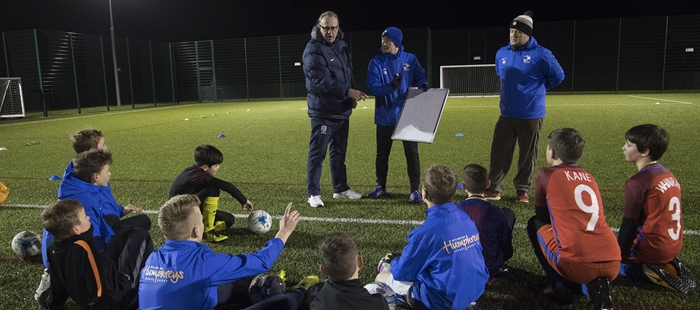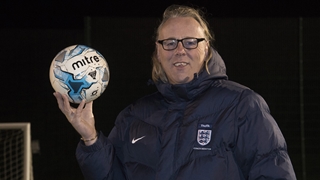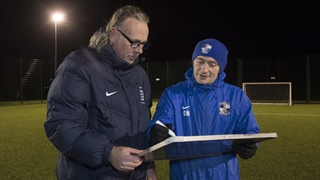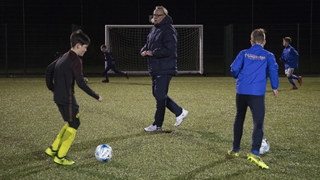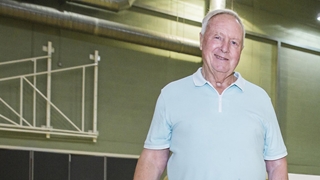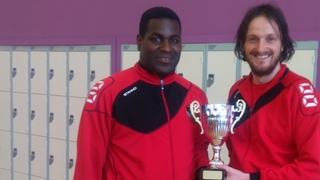I’ve now been an FA coach mentor, working across Leicestershire and Derbyshire with various grassroots coaches and clubs, for the last four years after spending the previous 14 years as a coach educator and delivering the FA Level One qualification on over 90 occasions. I’ve also worked in further education and presently, university football.
And earlier this year I entered HMP Oakwood in Wolverhampton, to do a bespoke coaching course for inmates to give them a flavour of what it means to be a coach and involved in the grassroots game.
Knowing some of the things I do about the Criminal Justice System, it’s really evident that there’s lots of education going on. G4S, who manage the prisons, are key in the rehabilitation of offenders and embraced me, for which I thank them.
All the men in our care will most likely one day be released back into the community and it is essential that we do all we can to try and break the habits and patterns of behaviour that led them here. Mr Bell was a great asset to Oakwood.
- John McLaughlin, Director, HMP Oakwood
I always felt that football had never done enough in prisons, so I wanted to highlight and push that, to do some more work in that area and be more inclusive and diverse.
With my background, having spent time in prison and now doing what I do, it was brilliant for me to be able to spend one day a week at Oakwood for seven weeks, working with 16 inmates.
The first thing I said to them was: "I was once sat where you are." I felt proud to be able to say that, given how far I've come in the years since I was released.
That got them onside straight away and I went on to work with the guys on practical sessions, the role of the coach and discussing the qualifications and opportunities that are on offer on the outside.
There’s a lot of potential talent in our prisons. Of course, there are people who need to be there to keep the public safe, but there’s also people who we’re simply annoyed at and there’s a massive groundswell to educate ex-offenders and get them into work.
There’s also a chance that some potential footballers can end up in prison, young men who get manipulated when they come out of an academy and end up involved in crime and all the rest of it, so we want to try and get them back into the game when they come out.
A lot of companies and industries are doing work in this area to stop the re-offending, and it costs the country thousands of pounds to keep a person in prison.



